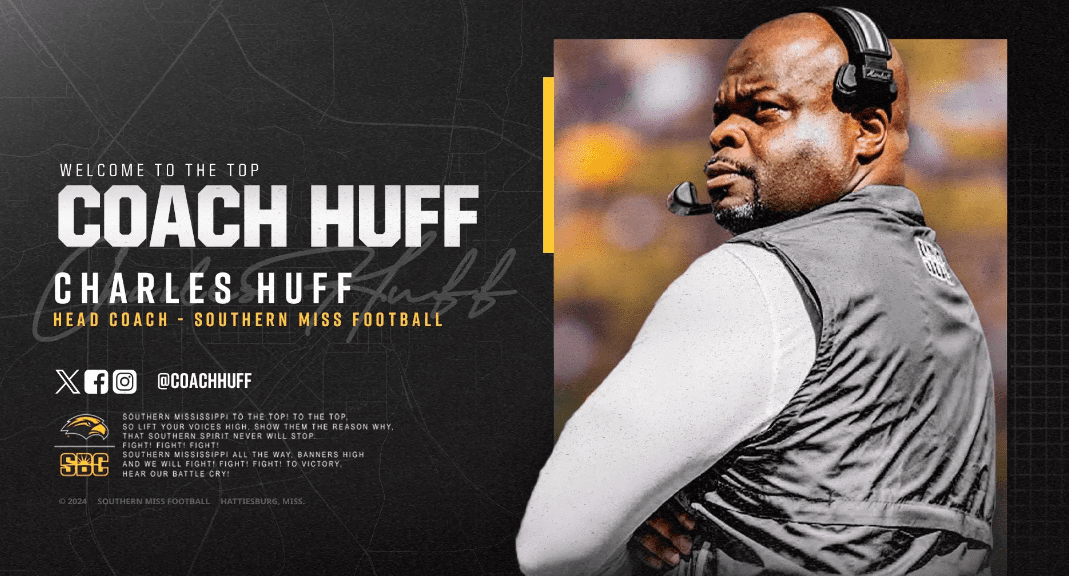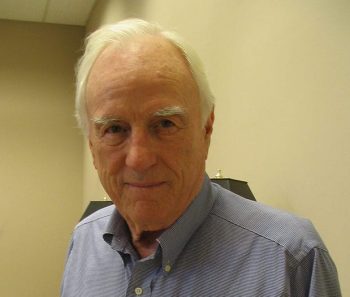BRIAN PERRY: Thompson’s ‘Uncle Tom’
Sometimes we excuse bitterness. Someone gets a raw deal in life. As the years go by, they remain trapped in the past. Perhaps it is the horrors of war, the death of a child or some individual traumatic experience. When we know the cause of bitterness, we understand. They’re only human.
But when someone overcomes those experiences, we praise them. We speak of their strength, heart, courage, grace, faith. We’re inspired as that person takes on missions that confront their pain, seeking to prevent others from having those same experiences. We marvel at healing and reconciliation.
When I consider the life of Congressman Bennie Thompson (D-Bolton), I try to put myself in his shoes: a black teenager in Mississippi in the early 1960s. In his shoes, I imagine not all white Mississippians are bad people, but a lot of white Mississippians I meet treat me badly. I imagine not all white Mississippians are racists, but the government they elect denies me the freedoms and opportunities they enjoy based on my race. Were I in his situation, I would be angry; I would be radical; I would be bitter.
Thompson earned a degree at Tougaloo College, was elected alderman and then mayor of Bolton. Next he won a seat on the Hinds County Board of Supervisors. In 1993, he won a special election to represent Mississippi’s Second Congressional District in the U.S. House of Representatives. As a leader on the national level, Thompson praised and recognized Civil Rights leaders – some who paved the way for his success, some his own contemporaries. He has partnered with groups like the Faith and Politics Institute which bring together black and white people of faith of both parties to examine the race equality struggles of the past and understand each other to seek reconciliation.
It would seem Thompson was on the track for praise. He didn’t let the weight of segregation prevent his rise to power. He took on missions to prevent the same injustice done to him. He seemed to engage in reconciliation.
But in truth, it appears, he is still bitter. I understand; he’s only human. But excusing the bitterness does not excuse or justify his recent rhetoric.
Earlier this month, Thompson appeared on a New Nation of Islam program, video of which was released by the news site BuzzFeed.
Thompson said he had been in Washington with three presidents and he never saw George W. Bush or Bill Clinton treated like Barack Obama. He blamed race. (I saw first-hand the conspiratorial vitriol cast at Bush in Washington DC by the left. And Clinton, besides accusations of sexual assault and murder, was impeached.)
Thompson said Senate Republican Leader Mitch McConnell was racist for wanting to block Obama’s agenda and make him a one-term president. (Former Republican Leader Bob Dole took it a step further, he actually ran against Clinton.) Thompson complains that people talk about the First Lady and Obama’s daughters (something done also to Bush and Clinton).
It appears to me, Obama is receiving the same treatment as President as his white predecessors.
Thompson said opposition to Obamacare stems from the fact that “a black man” came up with the idea. Of course, the difference between the opposition to Clinton’s healthcare plan and Obama’s healthcare plan is the opposition successfully blocked Clinton’s proposals.
When speaking of a U.S. Supreme Court Justice, he referred to “Uncle Tom Clarence Thomas.” That comment even had the New Nation of Islam host shaking his head and saying, “Nah, brother. Nah, brother. You said that, I didn’t.”
CNN’s Dana Bash later confronted Thompson about that remark and asked if “Uncle Tom” was a racially charged term. Thompson replied, “For some it is, but to others it’s the truth.”
Neshoba Democrat
5/7/14






